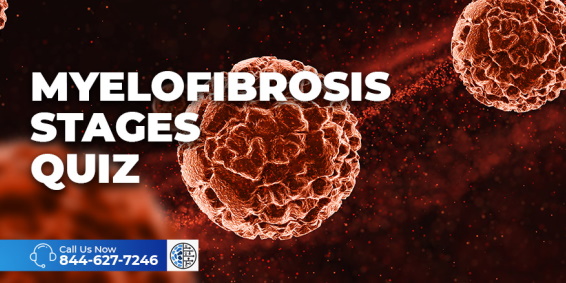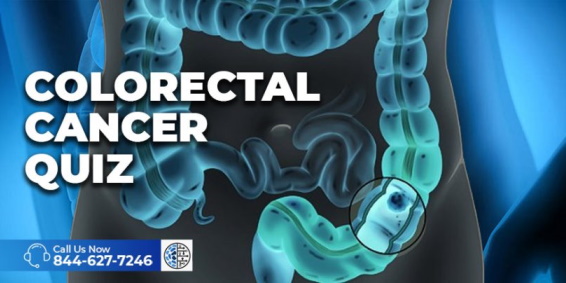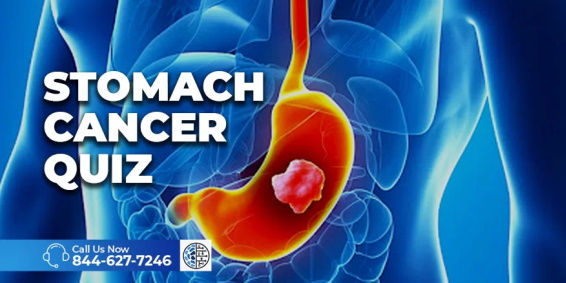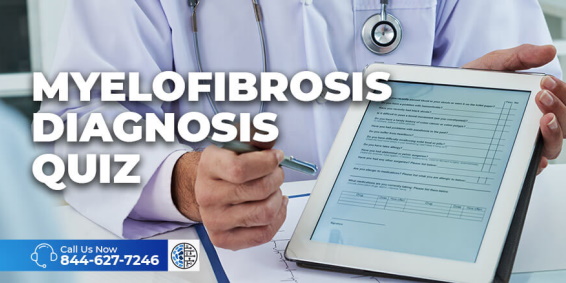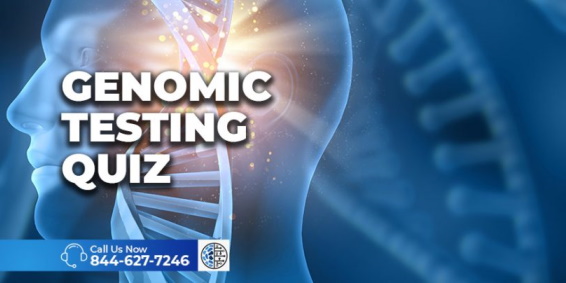
Genomic Testing Quiz
This online assessment takes only 2 minutes. It will help you find the right clinical trials for you.

Fiona Evans
We ask this to determine which clinical trials you may be eligible for.
If you need to contact us right away?
Call +1 844 627 7246Your personal data is fully confidential and 100% secure
The genomic testing quiz introduces several gene alterations that increases the possibility of developing cancer. Gene mutations associated with cancer can be hereditary/germline (passed on from one of the parents) or somatic (acquired during the patient’s lifetime). Approximately 5-10% of breast cancers and 3-5% of colorectal cancer are hereditary while lung cancer is almost always non-inherited. Patients with germline mutations in BRCA1 and BRCA2 has a 70% lifetime risk of developing breast or ovarian cancer. Conversely, environmental factors such as smoking and asbestos exposure predisposes the patient to develop malignancies such as lung cancer and mesothelioma, respectively.
When a patient receives hereditary genomic testing, a negative test result indicates that the examined family member has not inherited the gene variant that may be present in their family and this individual does not have the inherited risk of developing cancer. It is important to note that the negative result does not mean that there isn’t any threat of cancer, but rather that the risk might be the same as other individuals. On the other hand, the presence of a susceptible gene variant does not imply that the patient will inevitably develop cancer, but rather provides information to mitigate risk.
Who Should Get Genomic Testing?
Doctors will recommend genomic testing if the patient has not responded to frontline treatments such as chemotherapy, radiotherapy or surgery. Additionally, genomic tests may be considered for patients with a family history of cancer. Genomic testing enables the premise of precision medicine to give the right drug to the right patient at the right time. When the genomic testing results are available, talk with your oncologist or the genetic counsellor about the interpretation of the results and the implications to your family
Almost Done!
Please complete the required fields and we will send results to your email.
You have completed the quiz.
0 out 0 answers are correct

We ask this to determine which clinical trials you may be eligible for.
Fiona Evans Massive Bio Patient Relations CoordinatorIf you need to contact us right away?
Call +1 844 627 7246Your personal data is fully confidential and 100% secure




